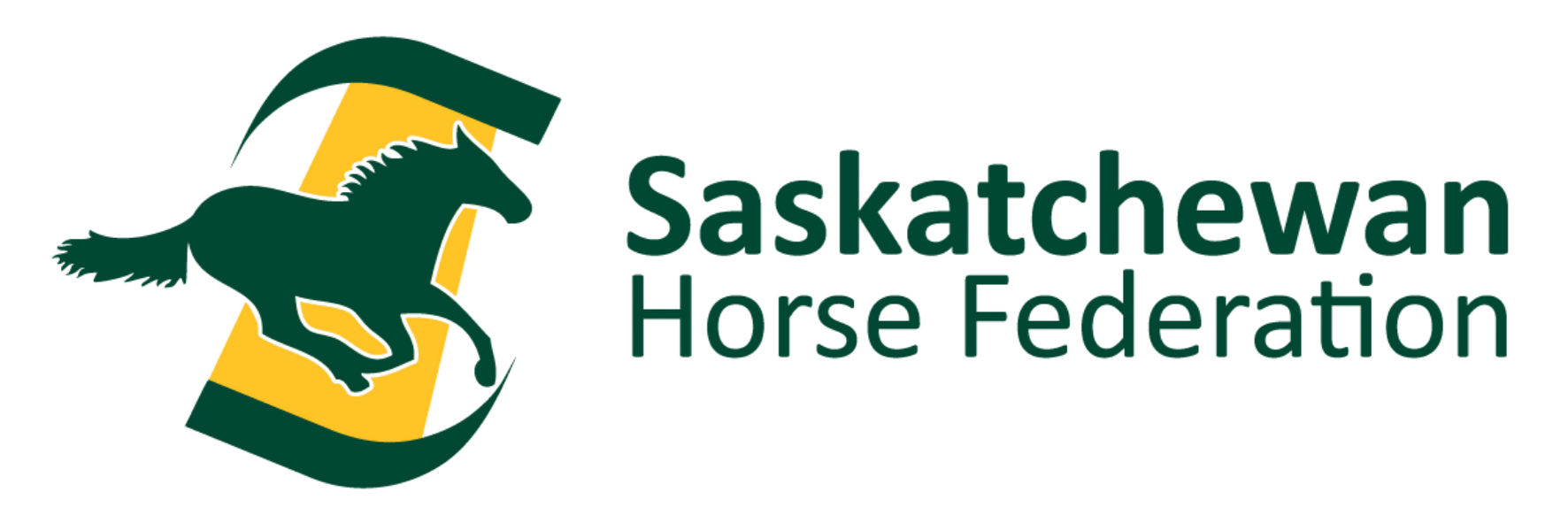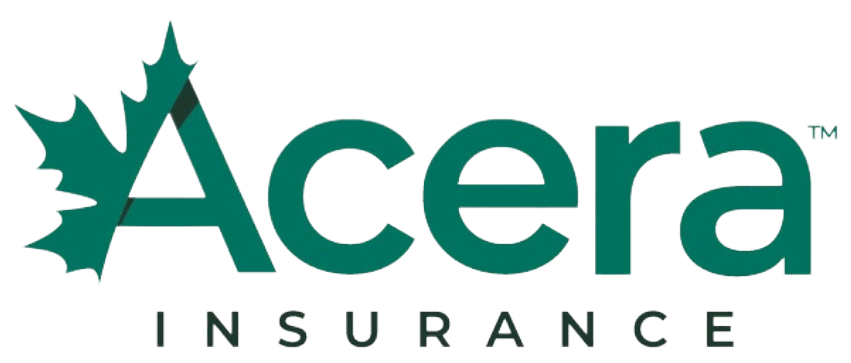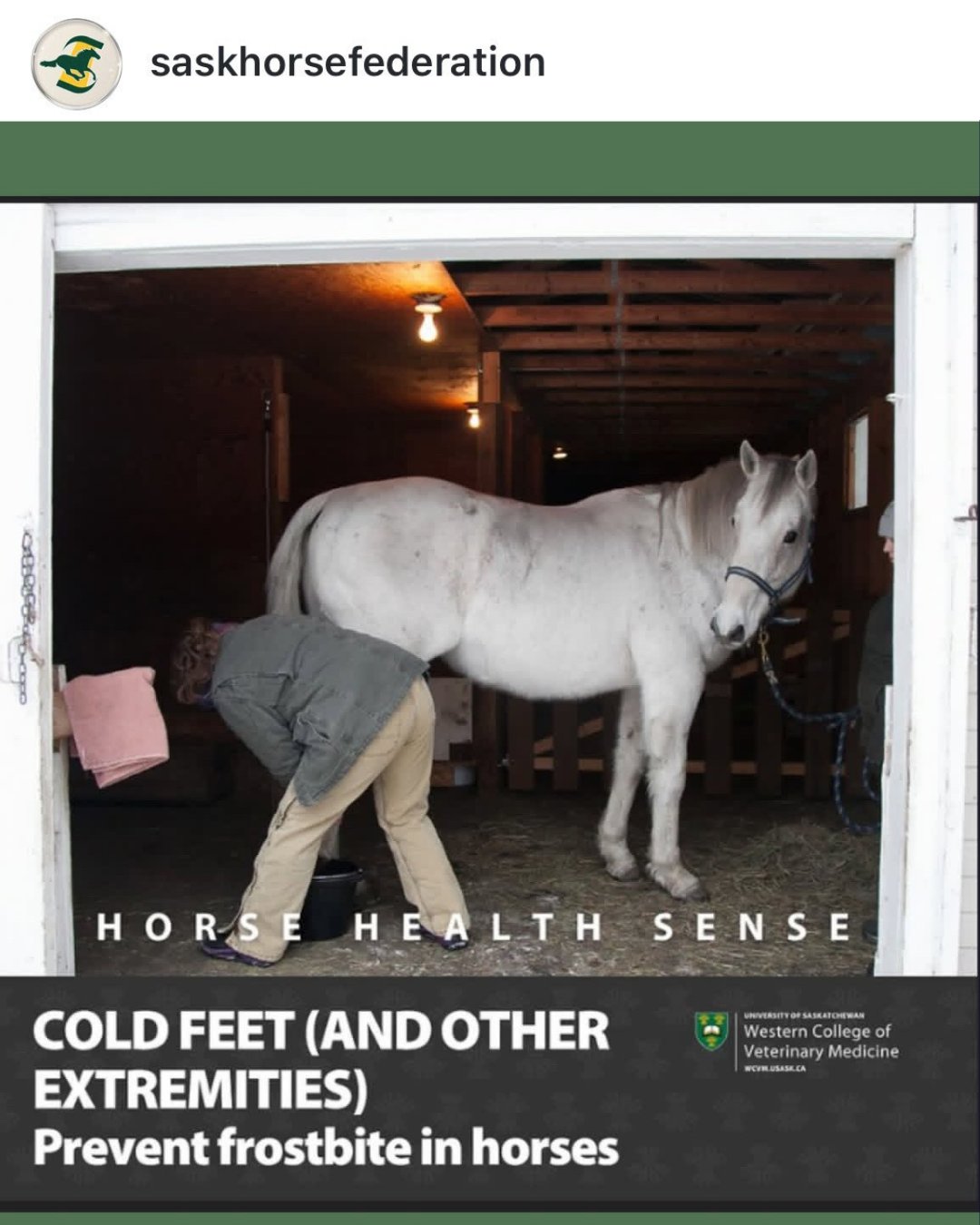National Farm and Facility Level Biosecurity User Guide for the Equine Sector
Poster #1 - Please Respect Disease Prevention (Do Not Let Your Horse Touch Mine)
Poster #2 - Please Respect Disease Prevention (Do Not Use Our Equipment/Supplies)
Poster #3 - Protect Your Horse
Importance of Biosecurity
The health of a horse is the responsibility of the horse owner. Gaining more knowledge on diseases, management practices and hazards is an important step in caring for a horse. Biosecurity helps prevent diseases from entering and/or exiting a farm and from spreading among horses living on the farm. The reduction of financial losses from treating sick horses is one of the benefits in preventing disease, and it lessens hardships endured when losing a horse to disease.
Biosecurity improves the horse industry by promoting healthy horses. As part of efforts to prevent the incursion of foreign animal diseases (FAD) into Canada and Saskatchewan, sound and rigorous biosecurity practices at home help prevent unwanted foreign diseases from thriving in our country and threatening our livestock.
Your veterinarian is one of the best sources of information on biosecurity and minimizing disease risks. They can help you create a practical biosecurity plan for your facility that will be tailored specifically for YOU.
Measures:
- Train staff, volunteers and club members in disease prevention, identification and hygiene procedures.
- Get an annual Equine Infectious Anemia test (Coggin’s test).
- Control insects with proper manure management.
- Control rodents and prevent rodents from accessing feed.
- Administer and record vaccinations.
- Use fresh needles and syringes for every horse—every time.
- Verify proof of vaccine for new arrivals.
- Isolate new arrivals.
- Isolate horses at first sign of sickness.
- Handle feed, water and treat sick horses last or use separate staff.
- Do not move sick horses unless your veterinarian allows it.
- Avoid communal water troughs when away from home.
- Contact a veterinarian if unusual sickness or unexplained death occurs.
- Take rectal temperatures when possible. A high temperature (> 102 °F or 38.8 °C) suggests a disease may be present.
- Group horses by use and ages, in smallest groups possible.
- Keep records of movements of horses and semen so contacts can be traced in the event of a disease outbreak.
- Regularly clean and disinfect stables, equipment and transport vehicles.
- Clean and disinfect equipment between uses on different horses.
- Wash your hands between different groups of horses.
- Keep boundary fences in good condition.
- Avoid locating horse properties in swampy areas.





.png)



